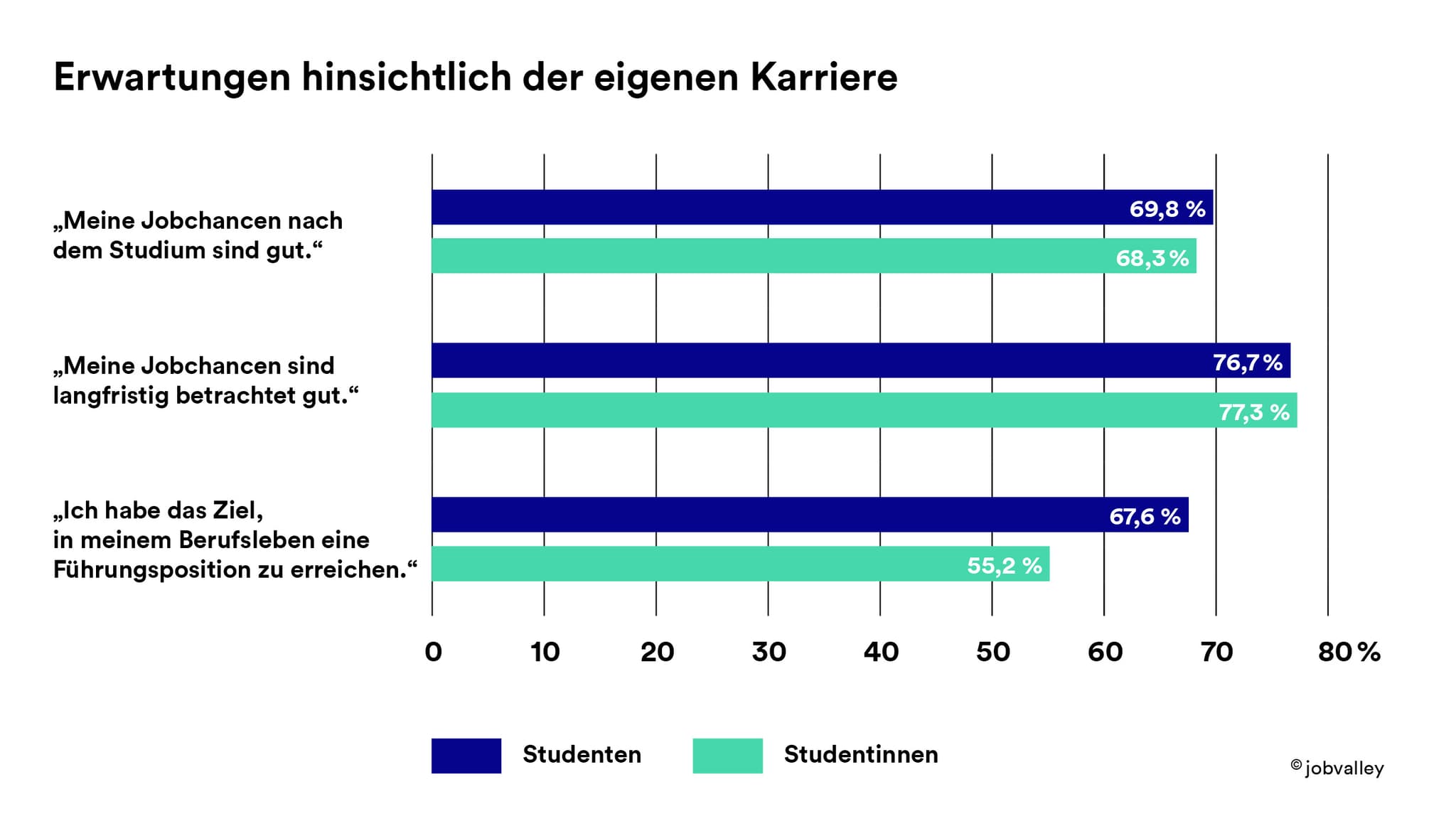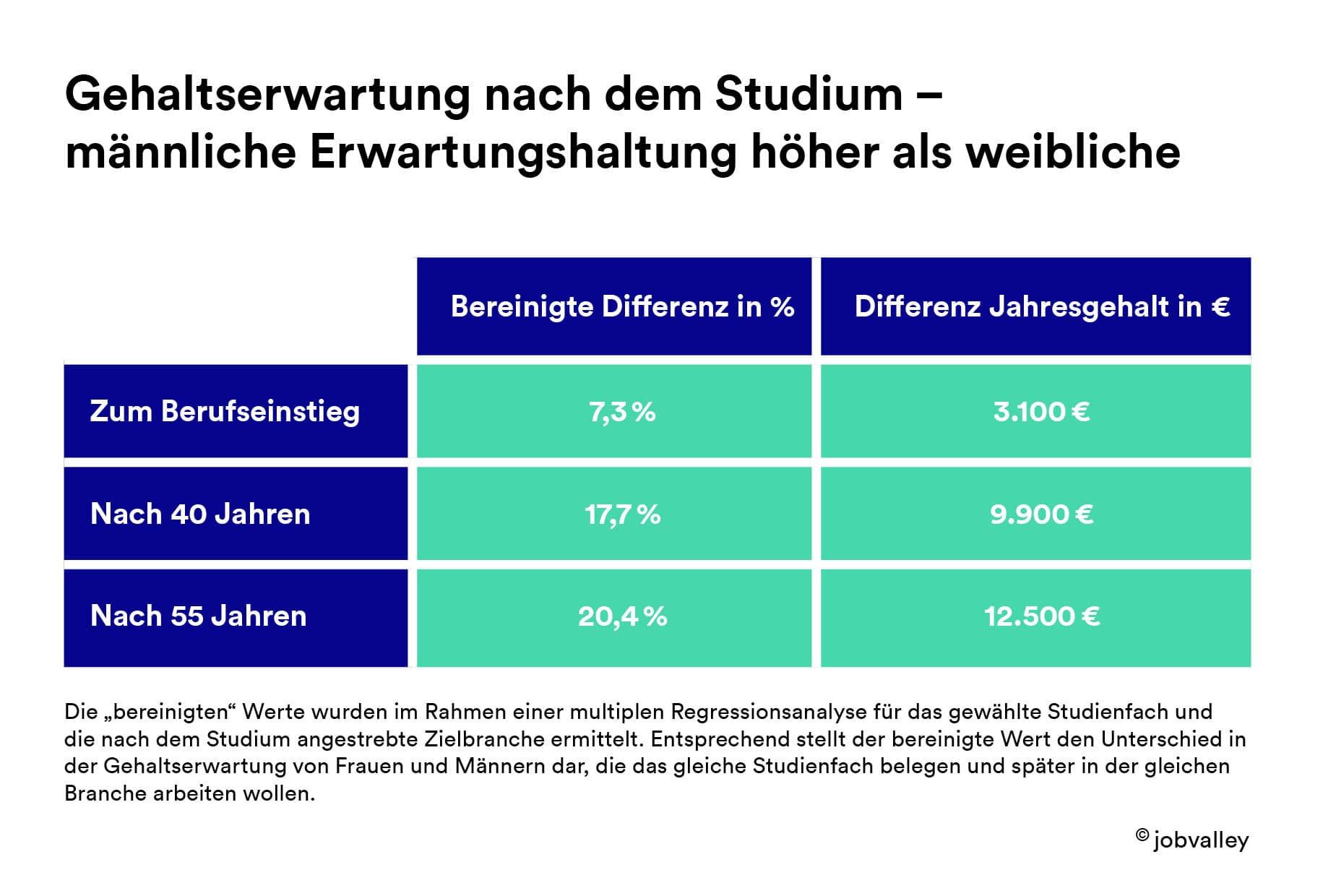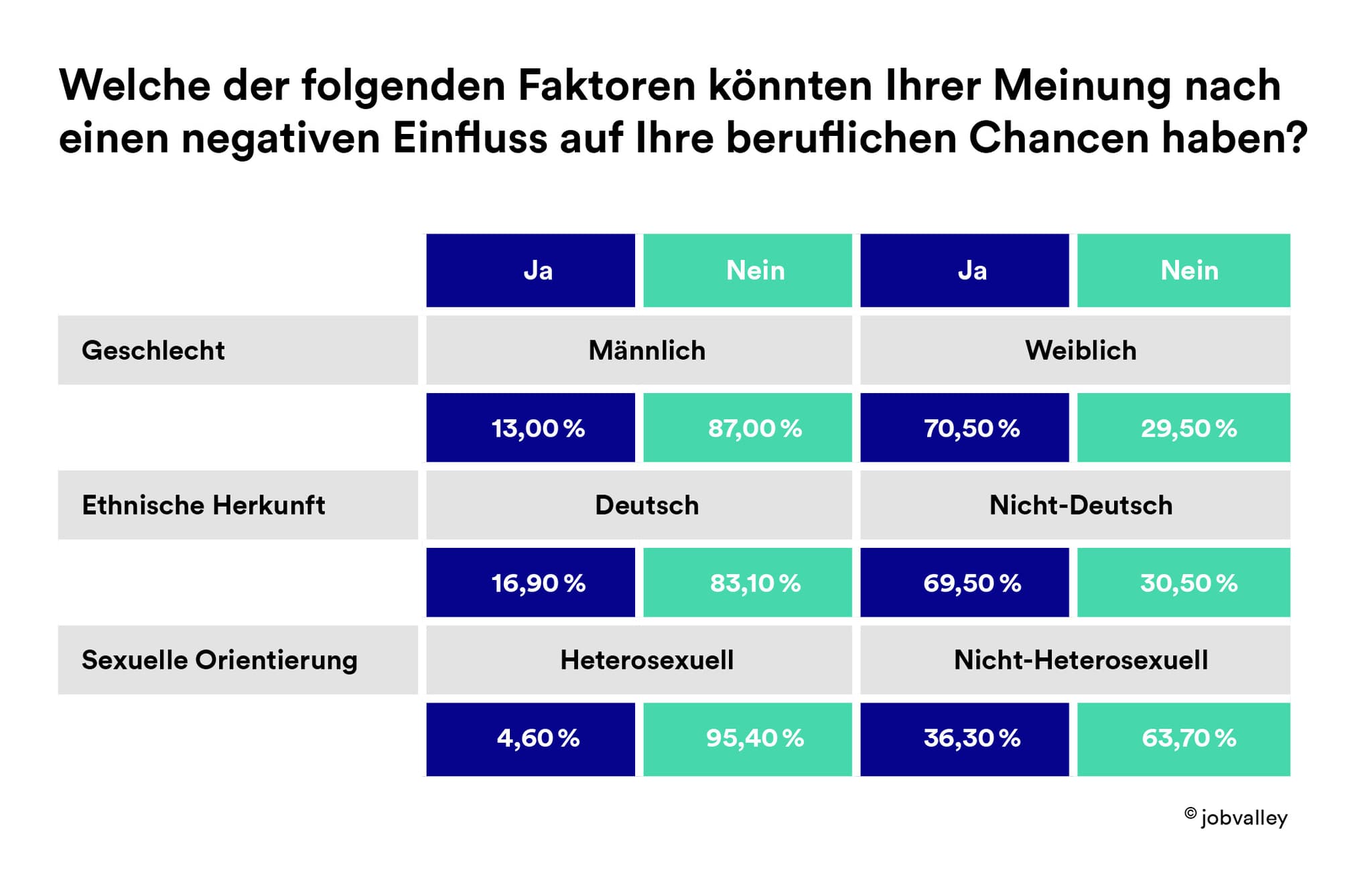How career-minded is Gen Z?
In sociocultural terms, generation refers to a large group of individuals who were born as part of the same age group in their society, or who share age-related similarities based on a common background with a specific historical or cultural context.
Ever since the publication of figures from the Bundestag elections and the correspondingly clear divergence in voting behaviour among first-time voters, the topic of Generation Z, i.e. people born between 1997 and 2010, has become subject to a growing debate. In light of this, we have partnered with the University of Maastricht to gain insight into Germany’s students’ views towards career expectations. This special report was featured in the 18th edition of the Fachkraft 2030 series. Around 12,000 students throughout Germany were surveyed in March and April 2021. Age of survey respondents: 17 | 0.60%, 18 | 1.15%, 19 | 2.35%, 20 | 4.99%, 21 | 7.27%, 22 | 9.96%, 23 | 10.83%, 24 | 11.22%, 25 | 11.41%, 26 | 10.03%, 27 | 8.35%, 28 | 7.49%, 29 | 5.67%, 30 | 4.49%, over 30 | 4.00%
Stereotyping an entire generation?
Similarly to ethnic origin or sex, i.e. gender, the notion of generations came about due to cultural interpretative frames used to define identities and differences between people. However, as attested by countless cultural studies, we aren’t all automatically part of a generation, but instead allocated to one through communicative processes.
According to the socialisation theory developed by Klaus Hurrelmann, during youth, we not only face a deep confrontation with our body and mind, but – most notably – with our social environment and physical surroundings. As a result, members of Gen Z find themselves in significantly different economic, political and cultural conditions than the previous generation. For instance, as second generation digital natives, their exposure to digital media from early childhood on gives them an intuitive edge compared to Gen Y.
Goodbye to the internship generation – hello generation confident
In industrial nations with low birth rates and thriving economies, members of Gen Z also stand to benefit from the lack of skilled workers that has arisen due to the lack of school leavers. Hurrelmann states that ‘the apprenticeship and job market have come on leaps and bounds’, giving jobseekers the ability to freely select which job they do and no longer needing to plead to potential employees. The tide has turned. Now, companies need to increasingly appeal to future employees, not the other way round.

My personal observations: The next generation approaches the topic of work and careers with more confidence. This has been confirmed by our figures. According to our 2013 survey, the number of students who viewed their future job prospects with optimism was almost 10 percentage points lower than today. The narrative of the internship generation has clearly languished. Young people know one thing for sure: Over the coming years, a huge number of employees will leave the workforce, and there aren’t enough to take their place. By the end of the decade, 8 million people will have left the working world as a result of demographic change – 18 percent of the working population. This is forecast to have a knock-on effect on the balance of power. Highly-qualified young professionals will be in the position to select their employer, take on responsibility at a young age and quickly move up the career ladder – which is precisely what they want to achieve.
– Eckhard Köhn, CEO jobvalley
In terms of job prospects immediately after graduating and in the long term, the expectations are on par for female and male students. Only when it comes to attaining leadership positions are women found to be more hesitant, perhaps in light of historical context. The traditional role of women continues to entail becoming a housewife and mother, professional careers remain a man's domain. Women are still woefully underrepresented in leadership positions and top management, i.e. executive and supervisory boards in German companies. On 25 June 2021, the Bundesrat ratified the Second Act on Equal Participation of Men and Women in Management Positions (Zweites Führungspositionen-Gesetz - FüPoG II). An increased effort must now be made to include women in management positions in large companies when vacancies arise (applicable to listed firms and companies subject to equal co-determination with over 2,000 employees and an executive board consisting of more than 3 members).

The wage gap continues to persist between men and women. Despite a slight reduction in the Gender pay gap since 2016, in 2020, women still earned around 18% less per hour than men. At 20%, the gap was more significant in West Germany (incl. Berlin) than the 6% recorded in the east.
When it comes to pay, one thing clearly stands out: Male students are significantly more confident when it comes to broaching the topic. Their salary expectations exceed those of their classmates by up to 20% over the course of their future working life. These values have been adjusted accordingly. For instance, a male student of mechanical engineering who goes on to work as an engineer in the automotive manufacturing industry can expect to receive significantly higher pay than a female student of the same subject working in the same industry. This can either be attributed to the students overestimating their own value, or being too pessimistic, or realistic. I’d advise all students to take the same approach – know your worth! It’s far harder to demand more pay in subsequent negotiations over the coming years when you've already maxed out your offer than to accept an offer below your expectations – which should ideally still be somewhat too high – and work up from there.
– Eckhard Köhn, CEO jobvalley
Fear of discrimination in the job market
Along with gender, sexual orientation and ethnic origin are cited as factors that could have a negative impact on future career prospects according to feedback from the surveyed students.

Never before has equality been discussed so heavily, both in terms of career and other aspects of life. The time has come for action. While some things have improved, we still haven’t come far enough. Young people continue to suffer major anxiety about being disadvantaged solely on the basis of their gender, ethnic origin or sexual orientation. We need to take these concerns seriously, actively remove obstacles and fight all forms of discrimination.
– Eckhard Köhn, CEO jobvalley
Summary
Generation Z, Gen Z, post-Millennials, second generation digital natives – whichever term you prefer, what matters most is what they have to say. Ultimately, it can sometimes be useful to categorise people into groups to understand what motivates them, as is the case with generations, and to find ways, not just in terms of politics but also in the world of business, i.e. the job market, to proactively respond.


